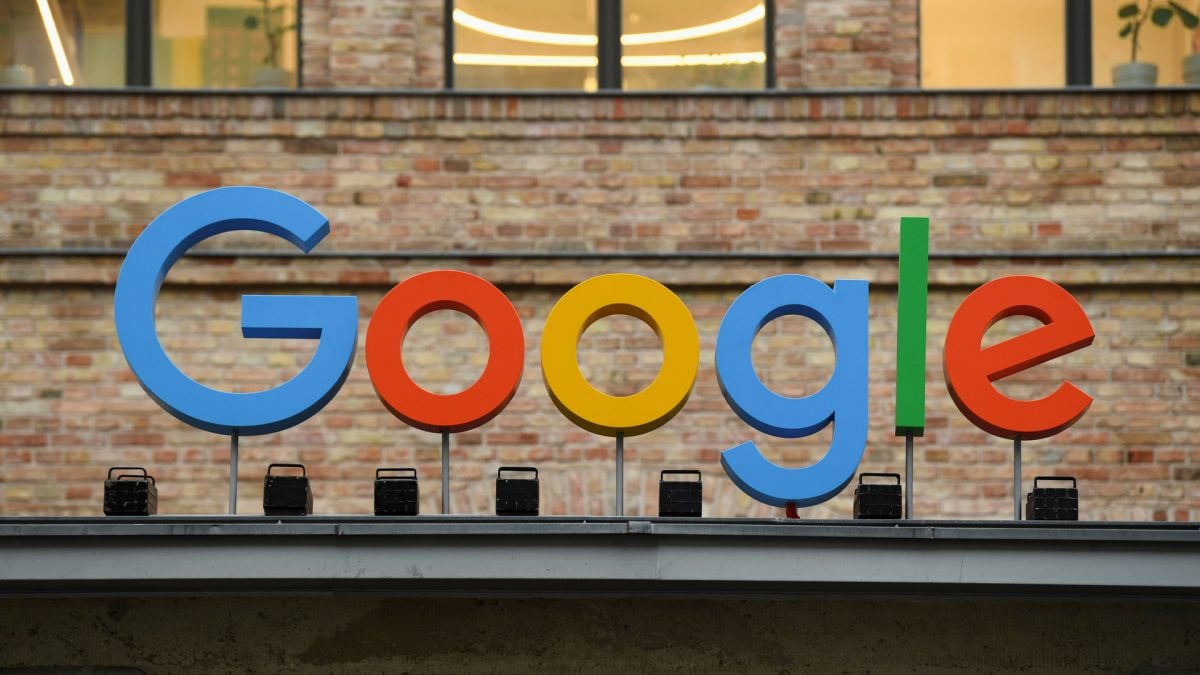John Sculley, who led Apple as chief executive from 1983 to 1993, believes the company now faces its first genuine competitor in decades: OpenAI. Speaking at the Zeta Live conference in New York City, Sculley emphasised that Apple must urgently pivot from the app-centred era to embrace artificial intelligence as its next frontier.
“AI has not been a particular strength for them,” Sculley observed, highlighting that the sector has become the principal driver of technological advancement.
Tech giants now depend on AI-driven solutions such as ChatGPT for tackling complex challenges and enabling cognitive breakthroughs, accelerating tasks once reserved for human intelligence and digital assistants like Siri. Sculley cautioned that Apple’s sluggish progress in artificial intelligence leaves it lagging behind competitors, with mounting pressure to keep pace as market expectations shift.
Apple has long commanded prestige in smartphones, renowned for its camera, processor and innovative designs, securing its reputation through hardware excellence. Yet, Sculley contends, the current era is being reshaped by AI.
“In the agentic era, we don’t need a lot of apps; it can all be done with smart agents,” he said, advocating for a future where autonomous AI simplifies workflows and technological interactions.
He further argued that the proliferation of AI will drive the industry towards subscription-based business models, moving beyond the sale of individual software tools. “When you think of subscriptions, it’s about people paying for something as long as they need it,” Sculley explained, predicting a fundamental shift in how technology companies structure their services.
Impact Shorts
More ShortsOpenAI, Apple’s unexpected rival, has asserted itself with bold moves—most notably the acquisition of Jony Ive’s hardware startup for $6 billion. Sculley expressed admiration for Ive, hailing his role in designing landmark Apple products such as the iMac, iPod, iPhone and iPad.
The collaboration between OpenAI and Ive’s team now aims to blend leading-edge hardware with advanced language models, challenging Apple’s core strengths.
Sculley’s remarks deliver a stark message: Apple can no longer depend solely on hardware prowess and aesthetic design. To sustain its status, he insists, the tech giant must make radical changes to compete in an industry defined by artificial intelligence and rapid innovation.


)

)
)
)
)
)
)
)
)



